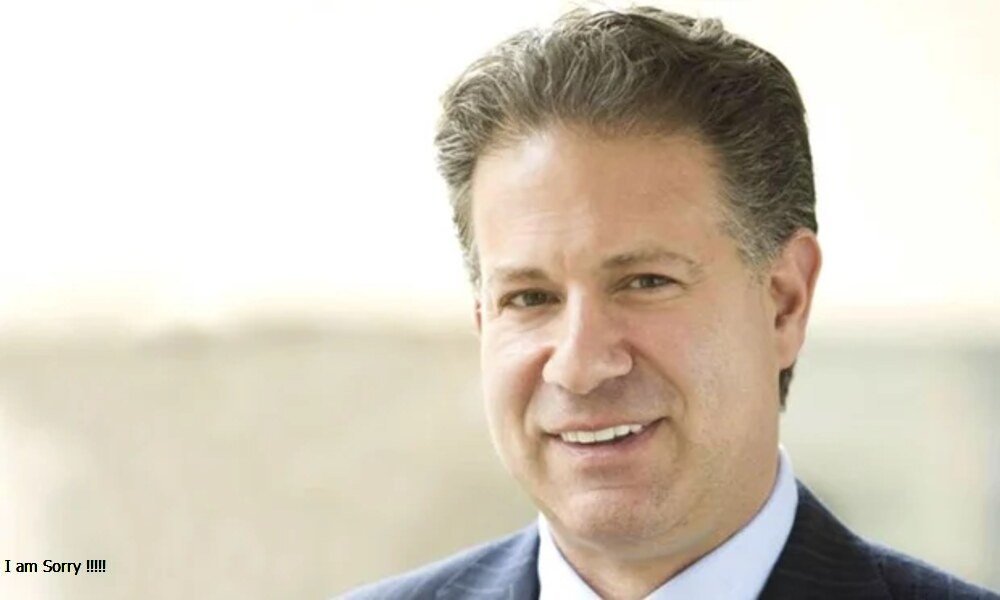What Is the Generational Equity Lawsuit?
The generational equity lawsuit represents a landmark legal challenge in which youth plaintiffs and environmental advocates are holding governments and institutions accountable for failing to protect the rights and futures of younger generations. At its core, the case is about justice across time—ensuring that today’s decisions do not irreparably harm tomorrow’s citizens. Generational equity, as a legal and philosophical principle, demands that current generations act as responsible stewards of environmental, economic, and social resources for those who come after them. The plaintiffs, typically composed of young activists, argue that inaction on climate change, irresponsible resource exploitation, and economic mismanagement have placed an unfair burden on future generations. This lawsuit is part of a growing global movement toward intergenerational justice, where law intersects with sustainability, youth rights, and long-term policymaking.
Background and Origins of the Legal Action
The origins of the generational equity lawsuit can be traced back to a series of youth-led movements and judicial actions launched over the past decade. The most notable precursor is Juliana v. United States, a 2015 case in which a group of young plaintiffs sued the federal government for failing to curb carbon emissions. Inspired by this, new legal actions emerged across various nations, and by 2024, a consolidated legal framework began forming around the idea of generational rights.
In the current U.S.-centered case, the plaintiffs filed suit against multiple federal and state entities, asserting that the continued promotion of fossil fuel projects and weak regulatory frameworks violate constitutional protections, such as the right to life, liberty, and property. The legal filing cites numerous scientific studies and governmental policy analyses that demonstrate long-term harm stemming from today’s environmental negligence. Spearheaded by youth organizations like Our Children’s Trust and supported by prominent environmental law firms, the lawsuit seeks not only redress but sweeping reforms in climate governance.
Key Legal Arguments and Claims
At the heart of the generational equity lawsuit are several powerful legal arguments. The primary claim is that current policies—or the lack thereof—constitute a breach of intergenerational equity by compromising the environmental stability and economic prospects of future citizens. The lawsuit argues that by knowingly contributing to climate degradation, governments are violating constitutional and human rights, particularly the right to a livable environment.
Another central argument focuses on the public trust doctrine, which holds that certain resources (like air, water, and coastlines) are preserved for public use and that the government has a fiduciary responsibility to maintain them for both present and future generations. Plaintiffs claim that current environmental policies amount to a dereliction of this duty. Moreover, the lawsuit utilizes both international human rights conventions and scientific evidence to demonstrate that today’s inaction could lead to irreversible harm—economically, ecologically, and socially.
Major Cases and Precedents Cited
The legal team behind the generational equity lawsuit draws on a rich tapestry of judicial precedents. Besides Juliana v. United States, they reference global victories such as the 2021 German Federal Constitutional Court ruling that invalidated parts of Germany’s climate law for failing to protect future generations. Similarly, Dutch and Canadian courts have issued judgments acknowledging intergenerational responsibilities.
Historical legal doctrines like the public trust principle, once limited to navigable waters, have been expanded in these cases to include the atmosphere and biodiversity. The cumulative body of international climate litigation bolsters the plaintiffs’ case, showing a judicial trend toward recognizing intergenerational equity as a viable and necessary legal standard.
Current Status of the Generational Equity Lawsuit (2025 Update)
As of mid-2025, the generational equity lawsuit is advancing through the federal courts, with several preliminary hearings already concluded. The courts have thus far allowed most of the plaintiffs’ claims to proceed to trial, signaling a shift in judicial openness to intergenerational legal arguments. Government defendants have filed motions to dismiss, citing lack of jurisdiction and political question doctrines, but these have been partially denied by sympathetic judges.
Simultaneously, several state governments have initiated parallel investigations into climate policy compliance, possibly influenced by public support for the lawsuit. The case continues to evolve with motions for discovery, expert witness submissions, and amicus briefs from environmental groups and scientific organizations.
Impact on Climate Policy and Future Generations
The implications of the generational equity lawsuit extend far beyond the courtroom. If successful, the case could mandate significant policy shifts, including stricter emissions regulations, divestment from fossil fuels, and the institution of legally binding climate action plans. Even before a final verdict, the lawsuit has intensified political discourse around long-term environmental planning.
Younger generations, who will face the most severe consequences of climate inaction, stand to gain the most. The lawsuit empowers them to demand a voice in shaping national priorities and challenges the notion that short-term economic gains justify long-term harm. The case also lays a foundation for integrating generational thinking into governance frameworks worldwide.
Public Response and Media Coverage
The generational equity lawsuit has garnered widespread attention across both traditional and digital media platforms. Social media campaigns using hashtags like #YouthForJustice and #IntergenerationalRights have trended globally. Influencers, climate scientists, and celebrities have thrown their support behind the plaintiffs, amplifying their voices and mission.
Mainstream media outlets have run detailed features, interviews, and investigative reports on the case’s progress. Public opinion polls indicate strong support for youth-led legal actions, especially among millennials and Gen Z. The lawsuit has become a cultural touchstone in the broader climate justice movement.
Expert Opinions and Legal Commentary
Legal scholars and environmental experts have largely praised the generational equity lawsuit for pushing the boundaries of constitutional law and environmental jurisprudence. Many see it as a necessary legal evolution that aligns with the moral urgency of the climate crisis.
Notable law professors have published op-eds and journal articles analyzing the potential impact of a favorable ruling. Experts in intergenerational ethics argue that this lawsuit sets a new precedent for responsible governance, forcing institutions to consider not just present voters but future citizens as well.
Implications for Global Intergenerational Lawsuits
Globally, the generational equity lawsuit is inspiring similar legal actions in countries like Brazil, India, and South Africa. These cases, though varied in their specific demands, share a common theme: holding governments accountable for the long-term sustainability of their decisions. The increasing momentum suggests that intergenerational equity could become a foundational element in international law.
Legal innovations such as climate budgets, generational impact assessments, and youth climate councils are being proposed in multiple jurisdictions. The United Nations has also taken notice, incorporating intergenerational equity into its sustainable development goals and climate frameworks.
Conclusion and Next Steps
In summary, the generational equity lawsuit is not just a legal battle—it is a generational reckoning. It challenges long-standing norms of political decision-making that prioritize immediate interests over enduring justice. The case has already made history by redefining who has standing in court and what constitutes harm in the climate era.
Looking ahead, 2025 may prove pivotal. As the lawsuit moves forward, policymakers, legal institutions, and activists alike must reconsider how laws can protect not just the present, but the future. The message is clear: generational equity is no longer a philosophical ideal—it is a legal imperative.
Do Read: Depo Shot Lawsuit 2025: Brain Tumor Risk & Legal Update















